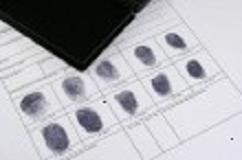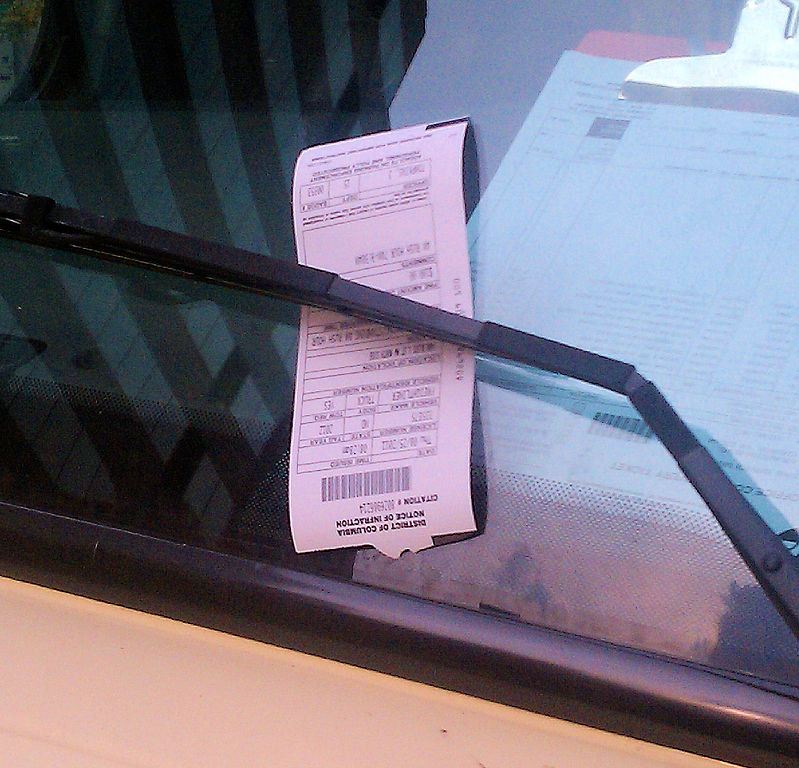Pretrial Intervention Program
 Under New Jersey criminal law, the Pretrial Intervention Program, commonly known as “PTI” provides first-time offenders with the opportunity for an alternative to the ordinary criminal justice prosecution. PTI provides rehabilitative services to deter future criminal behavior. The program is based on a rehabilitative model that recognizes that there may be a casual connection between a charged offense and the rehabilitative needs of a person. The ultimate goal of PTI is to prevent future criminal behavior.
Under New Jersey criminal law, the Pretrial Intervention Program, commonly known as “PTI” provides first-time offenders with the opportunity for an alternative to the ordinary criminal justice prosecution. PTI provides rehabilitative services to deter future criminal behavior. The program is based on a rehabilitative model that recognizes that there may be a casual connection between a charged offense and the rehabilitative needs of a person. The ultimate goal of PTI is to prevent future criminal behavior.
The best benefit of successfully completing PTI is that there is no record of conviction and an individual can avoid the stigma of a criminal record. Additionally, many of the costs associated with the formal court process can be eliminated. However, acceptance into and completion of the PTI program does not remove an arrest from individual’s record. Instead, successful completion of the PTI program will result in the dismissal of the original offense. Therefore an individual who successfully completes the PTI program should still seek to an expungement to remove any record of the original arrest. Failure to successfully complete the program will result in the case returning to the ordinary course of prosecution.
To be eligible for the PTI program, a defendant must be charged with an indictable offense. The program is designed for individuals who have no previous convictions and have never been granted permission into any other diversionary program or discharge. An individual seeking entry into the PTI program must be an adult resident of New Jersey. Individuals charged with criminal or penal offenses in New Jersey criminal or municipal courts can apply.
 New Jersey Lawyers Blog
New Jersey Lawyers Blog




